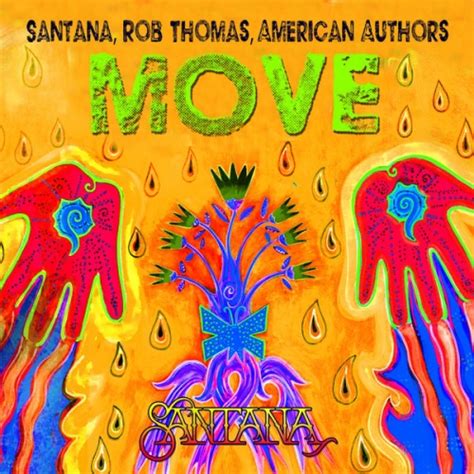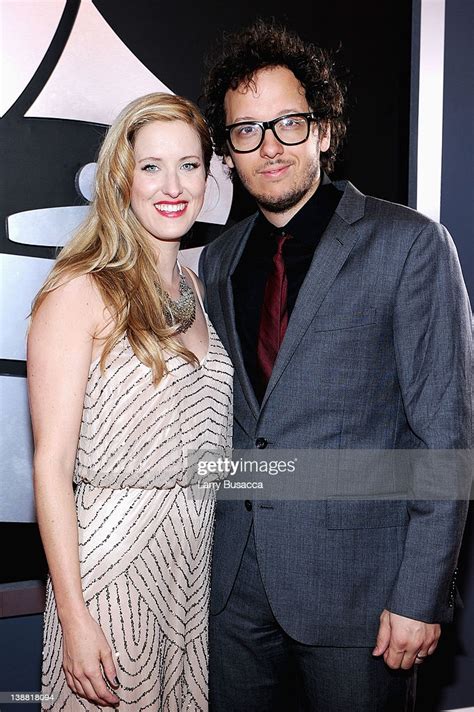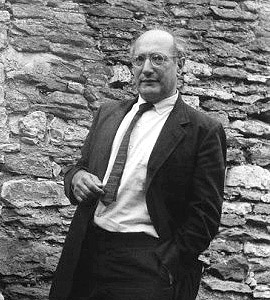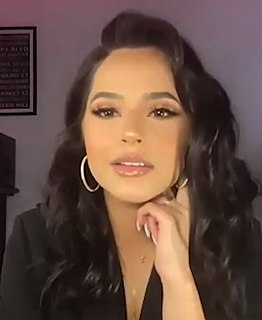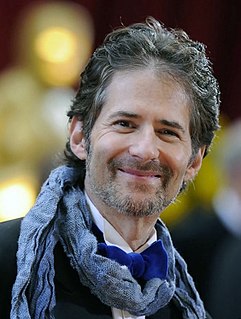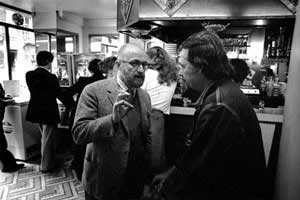A Quote by Fat Joe
Envision what the end result is supposed to be... what do you want to be when you grow up? Where do you see yourself? Once we identify what the painting on the wall is, it is so much easier to bring in the right colors, canvas and brushes to paint that picture.
Related Quotes
I always get into arguments with people who want to retain the old values in painting - the humanistic values that they always find on the canvas. If you pin them down, they always end up asserting that there is something there besides the paint on the canvas. My painting is based on the fact that only what can be seen there is there... What you see is what you see.
I used to flirt with fundamentalism, and I had this idea that creation was something that happened. Now I see creation as something that is happening. Hundreds of millions of stars are still being born every day. Creation is an ongoing process. The Artist has not yet cleaned out the brushes. The paint is still wet. Human beings are the small clumps of clay and breath, and we have been handed brushes of our own, like young artist apprentices. The brushes aren't ours, nor the paint or canvas, but here they are in our hands, on loan. What shall we make?
The reason for my painting large canvases is that I want to be intimate and human. To paint a small picture is to place yourself outside your experience, to look upon an experience as a stereopticon view or with a reducing glass. However you paint the larger picture, you are in it. It isn't something you command.
I like painting because it's something I never come to the end of. Sometimes I paint a picture, then I paint it all out. Sometimes I'm working on fifteen or twenty pictures at the same time. I do that because I want to - because I like to change my mind so often. The thing to do is always to keep starting to paint, never finishing painting.
Words in the mind are like colors on the palette of the artist. The more colors we have access to, the easier it is to create a captivating picture on the canvas, and the more practice we give to using those many colors appropriately and uniquely, the more likely we will be to create a masterpiece of self expression.
Graffiti is a lot easier than the canvas actually, because it's such a large format, so when you're going to such a thin detail, it's not that thin in the realm of things because it's such a big wall. This would take a small paint brush of detail, but on a huge wall, if that's the size of a building, the thinnest detail is still that big, it's a quick spray. Spray paint is easiest for me. I love spray paint.
Manet wanted one day to paint my wife and children. Renoir was there. He took a canvas and began painting them, too. After a while, Manet took me aside and whispered, 'You're on very good terms with Renoir and take an interest in his future - do advise him to give up painting! You can see for yourself that it's not his metier at all.
There is an exercise I teach at colleges: Get yourself a canvas and a bunch of acrylics and go into a very dimly lighted room. Dip a brush into one of the colors, slap it on the canvas, don't look, close your eyes, make a painting, don't look, turn the lights on and see what you've got. I think this releases people from the editor in their life that's always standing over their shoulder saying, "Oh, you don't have any talent; who do you think you are?"



